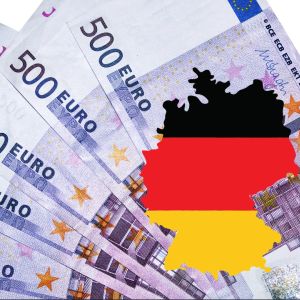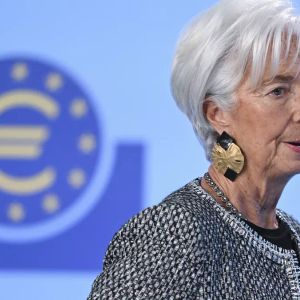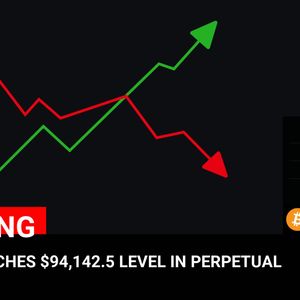Europe’s largest economy, Germany, is launching stimulus checks this month, backed by a sweeping financial package that rewrites old spending laws and dumps hundreds of billions of euros into tech, manufacturing, energy, and transport. This comes after a major fiscal reversal locked into the country’s constitution last month. The plan includes a 500 billion euro fund (roughly $548 billion) focused on climate and infrastructure projects, according to a report from CNBC. Alongside that, Germany’s coalition agreement outlines another 100 billion euros aimed at economic growth, business tax reforms, and taming rising energy prices. Berlin pushes cash into tech, energy, and industry Deutsche Bank analysts, led by Maximilian Uleer, broke down exactly who’s set to benefit. The bank named top companies expected to gain as money flows from Berlin to German sectors tied to digitization, infrastructure, and industrial projects. In a Tuesday note, Uleer wrote, “Now the question is how investors can participate in this deal and ride along the stimulus wave for the German economy.” Tech firms are first in line. Uleer’s team pointed to increased digitization spending as a key part of the upcoming checks. CNBC said one firm expected to get a big lift is Bechtle, a German IT services company with deep ties to the public sector. Lars Vom-Cleff, one of Deutsche’s research analysts, said, “Business with the public sector accounts for ~40% of revenue and the company generates ~60% of revenue in its home market, hence should benefit significantly from the money earmarked to be spent on digitization in Germany.” Deutsche Bank set Bechtle’s price target at 48 euros, projecting a 37% upside. The bank also mentioned Cancom, which is Germany’s sixth-largest independent IT firm. Public sector clients make up 35% of its revenue, and 65% of its earnings come from inside Germany, according to Vom-Cleff’s note. Deutsche Bank projected a 38% upside for Cancom’s shares if government contracts increase as expected. The industrial side is also in focus. Analyst Gael de-Bray mentioned Kion, a German firm that builds forklifts and warehouse automation tech, as another major target for new money. Kion is expected to benefit from both infrastructure funding and a general economic boost. De-Bray noted that the company is “relatively well protected against tariffs,” giving it an edge in a protectionist global environment. Deutsche Bank estimated a 36% price upside for Kion. Palfinger, an Austrian company that builds cranes and heavy-lift machines, also landed on the bank’s list. Roughly 15% of its total revenue comes from inside Germany, and the company’s products are used in public infrastructure, railways, and construction. Analysts estimated a 50% potential gain for Palfinger’s stock as the German stimulus flows into real projects. Germany’s car sector, still dealing with fallout from President Donald Trump’s tariffs and growing competition from Chinese automakers, could also see a turnaround. Uleer’s team said local stimulus could help by boosting transport demand, encouraging e-mobility, and improving overall economic activity. They named Volkswagen as a likely winner in this phase, with its passenger car division is expected to gain from new electric vehicle incentives, while its truck and van units should benefit from higher commercial demand, according to the report. Deutsche put Volkswagen’s price target at 125 euros, with a 43% upside. Cryptopolitan Academy: Want to grow your money in 2025? Learn how to do it with DeFi in our upcoming webclass. Save Your Spot



















